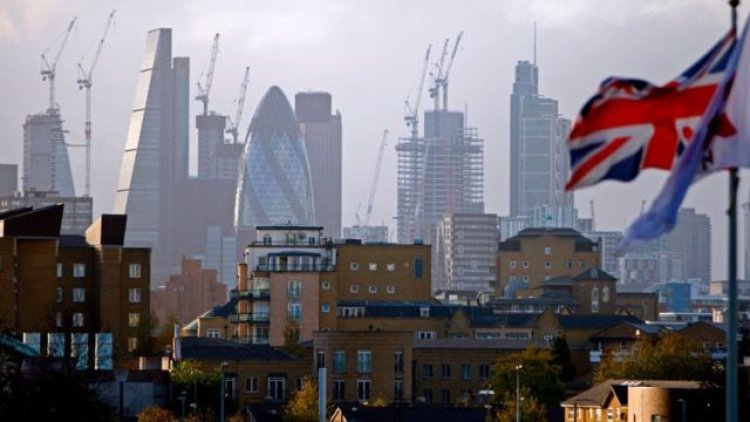A crisis in the second largest European economy.. 2.1 million Britons are behind on their bills

More than half of Britons expect the economy to deteriorate over the next 12 months
New survey research shows that in Britain (the second largest economy in Europe) there are about 2.1 million families who are currently behind on basic payments such as energy bills or loan or credit card repayments.
According to new research conducted by Which, and published by several media outlets in London, more than half of families in Britain (55%) have made changes to cover basic spending as they continue to face increasing financial pressures.
This included cutting back on necessities, relying on savings, selling property or borrowing, and represents a significant increase compared to the 44% seen two years ago.
“Food in particular gets more expensive every time I shop,” said one person surveyed. “I have been supplementing my income with savings, but my savings are dwindling.”
The research added that eight out of 10 people who believe that their family financial situations will deteriorate also feel negative about the future of the economy.
The vast majority of those who felt pessimistic about their household prices said they believed fuel prices and food bills would rise. More than half of Britons also expect the economy to deteriorate over the next 12 months.

“Utility bills are going up, the cost of food is going up, so is the cost of fuel, and just about everything else,” said one survey participant in her 60s.
Watch policy director Rocío Concha said: “As many people face financial difficulties, we call on companies in essential sectors such as food, energy and telecommunications providers to do more to help customers get better prices and avoid unnecessary costs and fees or unfair during this crisis.
British newspapers said that Prime Minister Rishi Sunak is considering reducing the property tax and other taxes on high-income people, in order to attract voters’ votes after the defeat of the Conservative Party in recent by-elections.
The Times reported that the Conservatives intend to include reducing the estate tax on the campaign agenda for the next general election if the economy improves, or eliminating the inheritance tax if that is more positive for voters' votes.
With the opposition Labor Party's victory over the Conservatives twice in recent by-elections, the party's chances of reaching power for the first time since 2010 increase.


 Shrouq
Shrouq 












